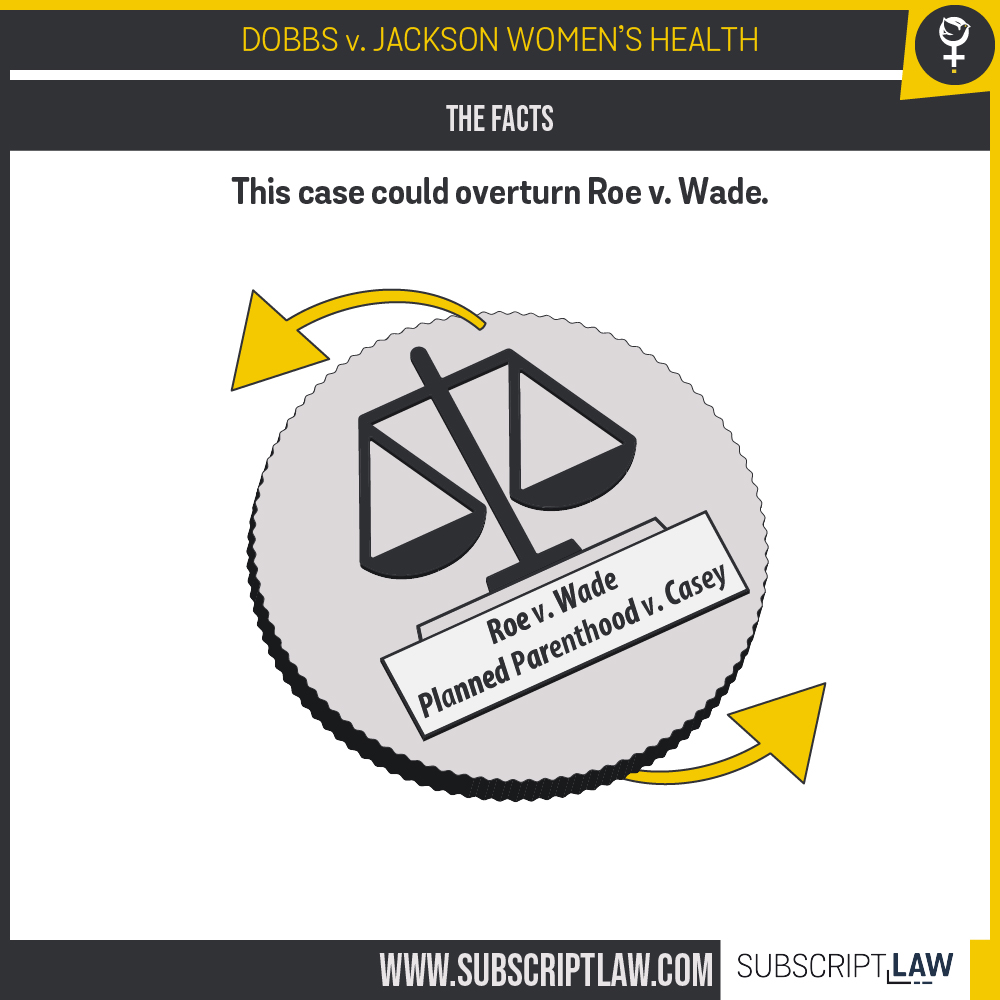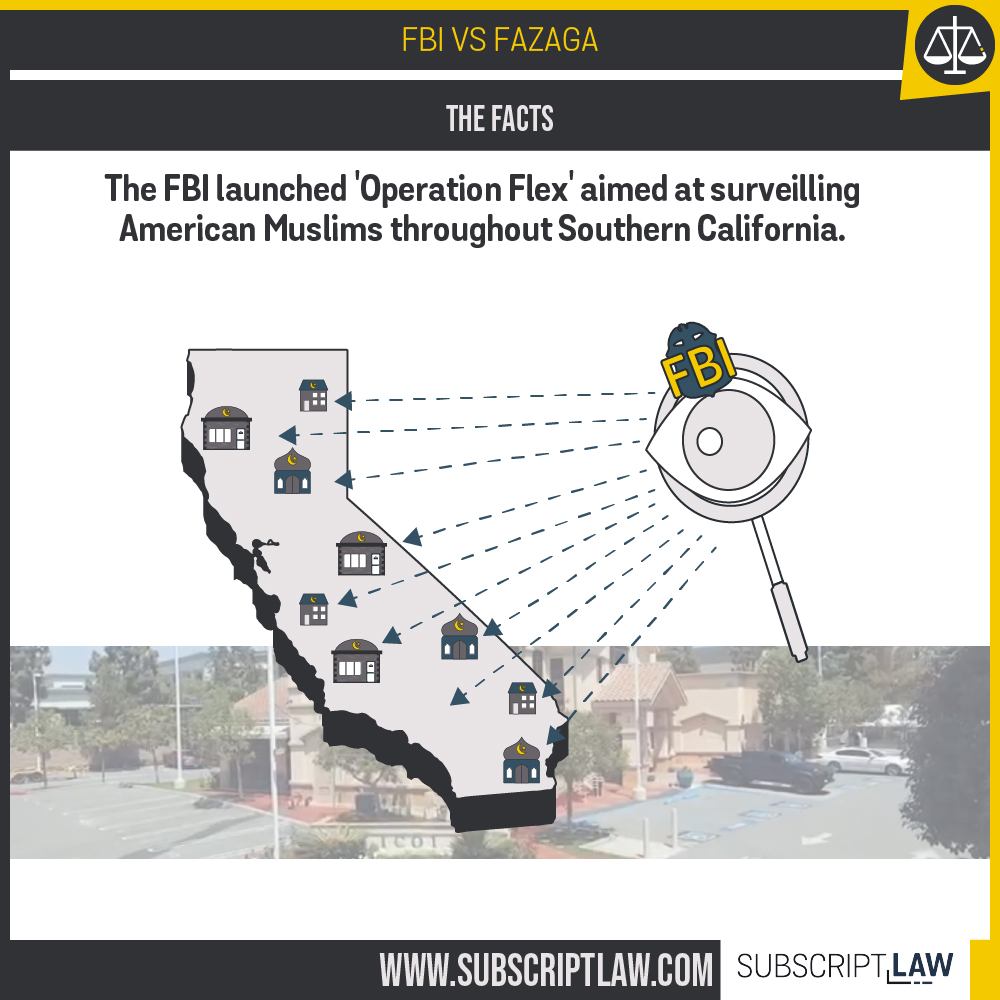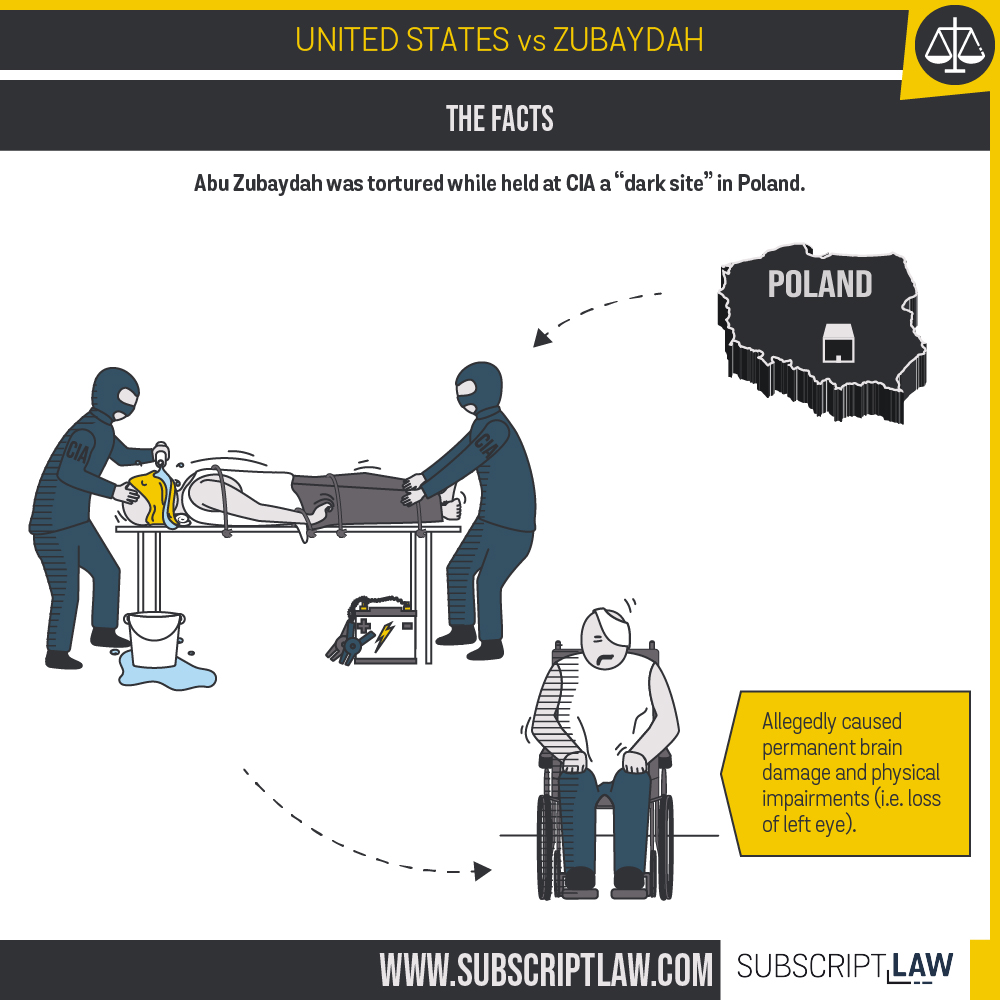Supreme Court grants Ayestas a temporary win in his long uphill battle to try to avoid the death penalty.
The Criminal Justice Act of 1964 gave criminal defendants the right to a public defender. At the same time, Congress recognized that criminal defendants also may need help paying for investigative services. Paying for the lawyer’s services is different from paying for gathering evidence and getting expert testimony.
The Criminal Justice Act provides for this. It says a court may grant an “investigative expert” when “reasonably necessary” for representation.
This case
Carlos Ayestas was convicted of murder and sentenced to death. He appealed the sentence by arguing that his trial lawyer did not adequately present mitigating evidence. After losing the argument in his state court appeal, Ayestas appealed on the federal level that his attorneys in the state appeal failed to adequately present other evidence of mitigating factors. At the federal appeal, he also applied for funding to help him gather evidence (funding for investigative services).
The lower federal court denied his request for funding and also ruled against his “ineffective assistance of counsel” claim. In regards to the funding claim, it said Ayestas did not show a “substantial need” for the investigative services. The appeals court (5th Circuit) affirmed.
However: “Substantial need” is not the same wording as used in the rule. The rule says the court should consider whether the investigative services are “reasonably necessary.” That was the question Ayestas brought to the Supreme Court.
The ruling
The Supreme Court ruled that the 5th Circuit courts’ considerations of Aytestas’ funding claim were incorrect. The 5th Circuit courts should have used the “reasonably necessary” standard in the rule instead of the harsher standard they used.
The Supreme Court remanded the case, which means Ayestas will get another chance to argue for investigative services in his death penalty appeal.






